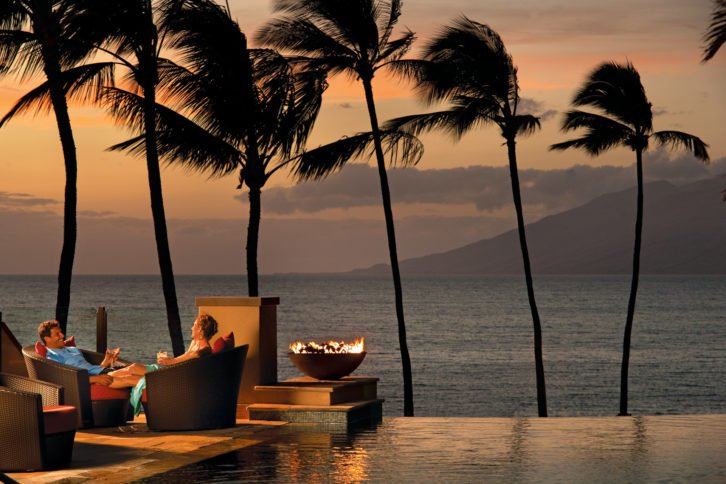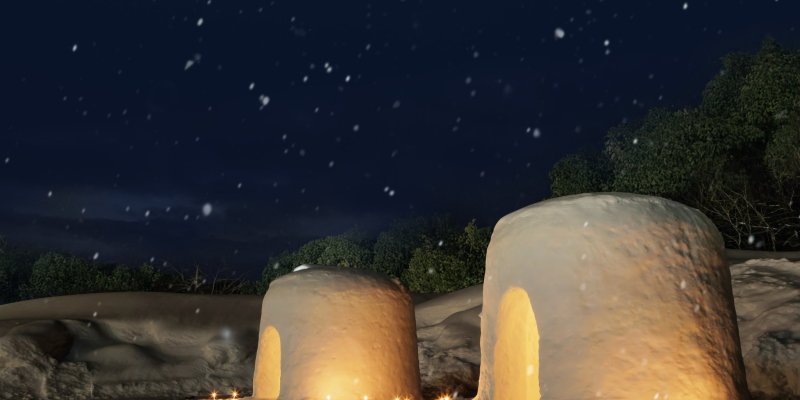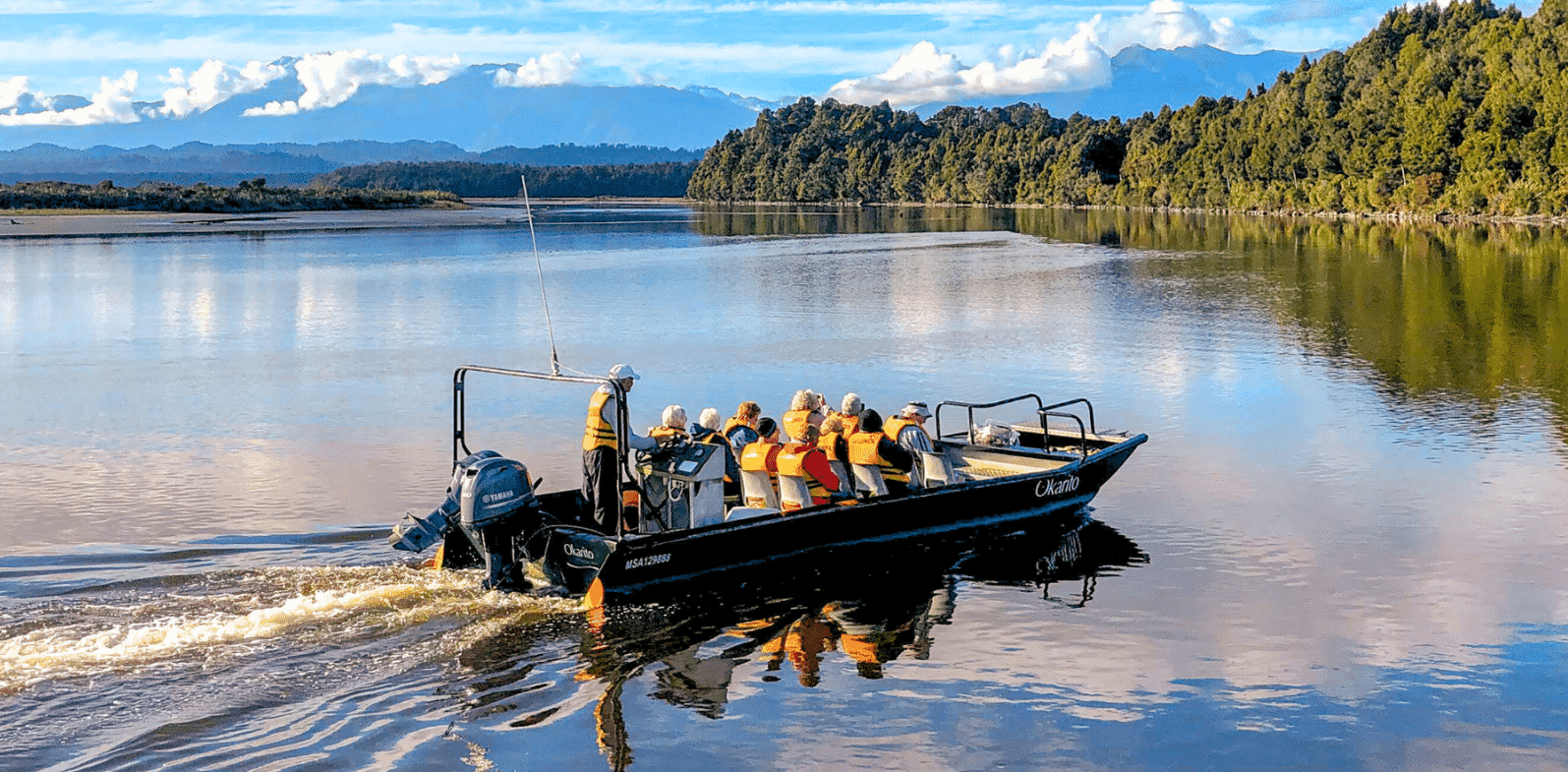The coronavirus pandemic has upended daily life around the globe, and travel has been one of the hardest-hit industries. But the luxury travel industry doesn’t necessarily play by the same rules as travel in general.

While most commercial airlines are suspending or severely reducing flights, private jet companies are cashing in on demand from travelers who want to evacuate places most impacted by the virus or who are trying to get around travel restrictions.
While cruising companies are temporarily halting all cruises, yacht charters are still being encouraged – although major boat shows are being canceled.
Hotels and wellness centers are both stepping up cleaning and sanitizing measures, with many staying open unless federal or local guidelines mandate otherwise.
Here are five ways the luxury travel industry is responding to the coronavirus pandemic.
1. Luxury hotels are waiving cancellation fees for certain dates and destinations and and having staff do double cleaning shifts.
Many luxury hotels have added notices to their websites that outline their policies amid the outbreak.
Four Seasons is waiving cancellation fees until April 15, 2020 for guests who have reservations at one of its locations in the Asia Pacific region or Europe, excluding the UK, according to a statement posted to its website.
The luxury hotel chain is also waiving fees for those who are traveling from Europe, Iran, South Korea, China, Hong Kong, Macau, and Taiwan at any Four Seasons hotel globally.

Mandarin Oriental is waiving change or cancellation fees for guests traveling to or from a travel-restricted area for bookings made before March 12, for stays until April 30, Shevaun Leach, Mandarin Oriental’s vice president of marketing communications, told Business Insider.
If the reservation was booked through a third party, guests should contact that platform directly.
Luxury hotels also say they’re boosting cleaning and disinfecting measures.
At Mandarin Oriental hotels, these measures include double cleaning shifts, screenings of employee and guest temperatures, distribution of information concerning the outbreak, enhanced health safety training for employees, and preventive measures distributed to suppliers and contractors, according to Leach.
Here’s a running list of all the hotel change and cancellation policies due to the coronavirus pandemic, including Hilton, Marriott, and Airbnb.
2. Luxury travel operators are allowing customers to postpone their vacations for up to a year — but many aren’t offering complete refunds.
As Skift reported, it’s difficult for travel advisers to get refunds from airlines and other travel providers, so most agencies and trip operators are offering to postpone customers’ trips rather than outright cancel them.
Black Tomato, which organizes bespoke luxury vacations and adventure expeditions that average $10,500 for a seven-day trip, is offering to reschedule trips planned through the end of April to destinations most impacted by the virus, in particular Japan and Italy.
For other destinations, the company told Business Insider it’s dealing with postponing trips or offering refunds on a case-by-case basis.
“That said, the vast majority of our clients have been much more inclined to postpone their travel dates and not cancel outright, preferring to find an alternative time later in the year or in 2021,” Black Tomato cofounder Tom Marchant told Business Insider.
Luxury travel company Abercrombie & Kent is temporarily suspending all trips for guests scheduled to travel on or after March 17, 2020, according to its website.
After April 30, travel will resume, with the exception of trips to China in the month of May, which will remain canceled. Abercrombie & Kent isn’t offering refunds for cancellations at this time, but money put toward canceled trips will be applied to a future booking made up to 12 months from the original departure date, along with a 10% discount.
While some customers rush to cancel trips to Asia and other destinations most impacted by the virus, Black Tomato has seen an uptick in domestic travel inquiries and increased interest in travel to Scandinavian countries, Iceland, North America, and South America, according to Marchant.
Marchant says that most of Black Tomato’s clients aren’t so much worried about contracting the coronavirus as much as they’re concerned about getting stuck somewhere for an indefinite period of time.
“The reality is many of our clients are busy, in-demand urban professionals with full work calendars, so the uncertainty of being quarantined is something at the forefront of the conversation,” Marchant said.
3. Many high-end spas and wellness centers are staying open, catering to clients with coronavirus-anxiety relief packages.
Some spas have chosen to close amid the outbreak, but many others are staying open but stepping up cleaning measures.

Luxury wellness resort Canyon Ranch issued an update announcing that they were continuing to stay open while prioritizing “the well-being of all” and taking thorough precautions to clean and sanitize. However, they have closed down three locations across the US in accordance with local or federal guidelines. They declined to comment when Business Insider reached out to them.
Some spas are trying to cater to clients by promoting stress relief from coronavirus. The Stanford Inn and Resort in Mendocino, California, is offering an Immune System Boost vacation package to escape coronavirus anxiety, according to American Spa. And a spokesperson for Carillon Miami Wellness Resort told Business Insider that as people cancel flights and look for driving destinations, they have a BOGO offer for nearby Florida and Georgia residents.
But other places are taking more precautionary measures. Dubai has ordered all its spas and massage centers to close through the end of March. And Nao Wellness in New York City is offering remote immune boosting sessions and remote reiki options to help keep clients mentally well during the coronavirus pandemic.
Continue reading this article from Business Insider

